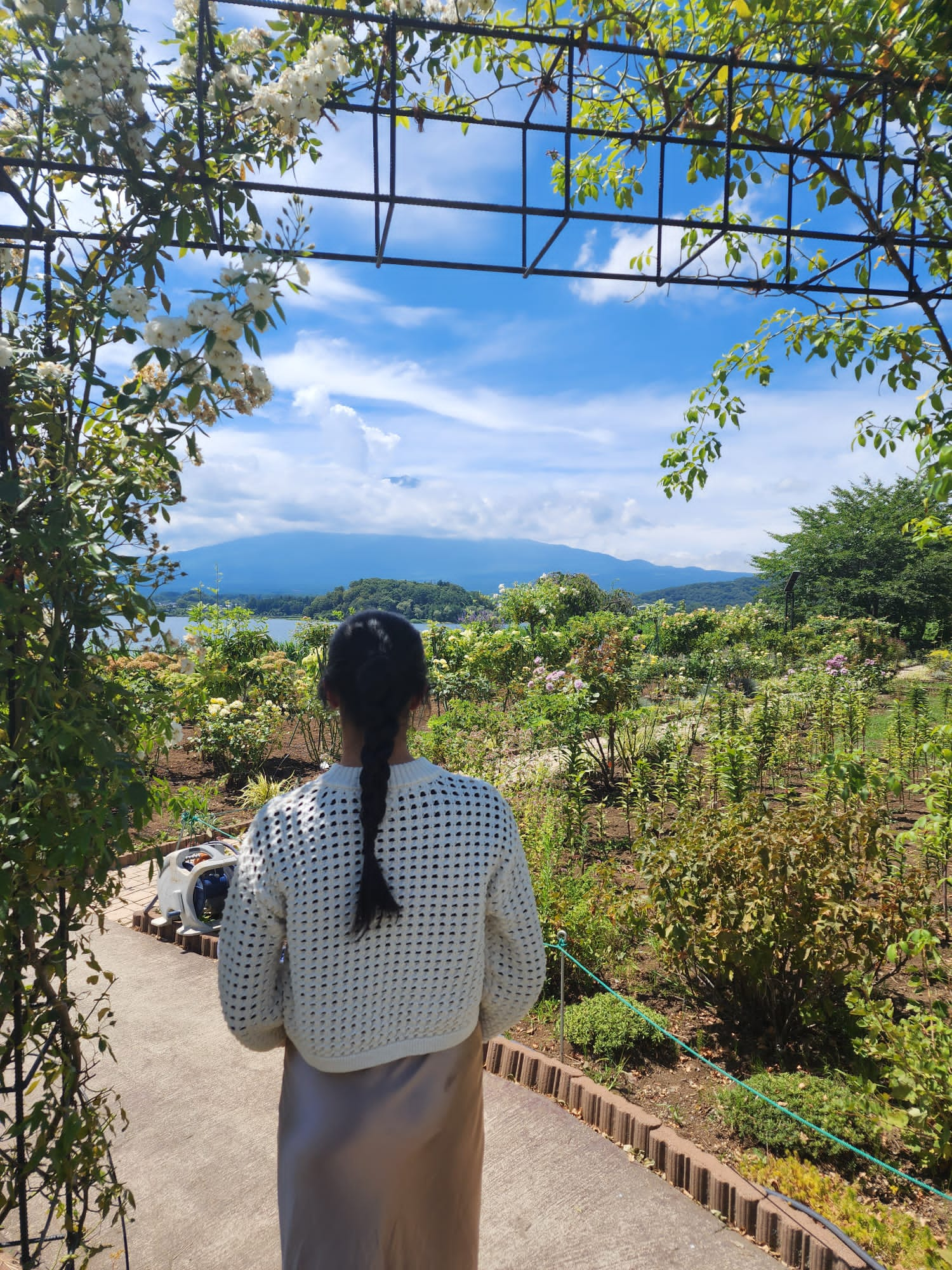Student Stories

Aleena Khan
Aleena Khan moved from Lancashire to start her medical degree at Western Sydney University in Semester 1 (February) 2024
“When I started looking for information about the application process for British students applying to study medicine in Australia, there was very limited information available. I came across Study Options online, I was a bit sceptical at first, but after emailing them and having a meeting with Sarah Nash I was glad I found them. Sarah was extremely helpful with the entire application process and continued to offer support with the interview process as well. Thanks to Study Options the entire application process was smooth, and I was able to send off my medicine applications to 3 universities in Australia at the start of 2023.
“I had the option to sit either the ISAT or UCAT as part of the university requirements. I decided to sit the ISAT first in January. In comparison to the UCAT, I found the ISAT was easier as it was less time pressured. However, for the ISAT it’s difficult to find resources, or even other students who’ve taken it, so it was harder to prepare for compared to the UCAT. I managed to get a good enough score in the ISAT so decided not to sit the UCAT. It was enough to get an interview at UNSW and WSU, but it wasn’t enough for Monash University.
“When I was at college in the UK taking my A-levels we did some medical interview workshops. Those prep courses were useful because I found that the style of interview questions was similar in Australia. The questions were mainly ethics and scenario-based questions. They were mostly trying to find out more about you to get a sense of how you might fit in to their medical programme.
“My tips for application success? It’s important to do well in your A-Levels. Do as well as you possibly can! Asking around my cohort here, everyone has strong grades. It’s also important to do well at ISAT because your score needs to be strong enough for you to be shortlisted for interview. Interviews in Australia are a really big thing – you really need to perform well – and I think that the skill of being able to do well at interviews really comes from practice. When you’re applying for medicine, you are up against other students who all have great grades, and great aptitude test scores, so the interview is really the only chance to differentiate yourself. You need to sell yourself in that interview!
“I’m getting toward the end of the first semester now. Is it what I expected? The step up from A-Levels to university is so big, I almost feel as though I’ve missed out on content somewhere! I was speaking with other students, and everyone was saying that right now we feel as though we don’t really know anything at all! I know that’s normal, and you build on that, but you also must be ready for it. I feel as though I’m on a low rung on the ladder, and I want to focus on building my knowledge steadily, but it’s important not to compare yourself to the other students. That’s hard! Most students on medical degrees are used to feeling like pretty smart people in their school cohort, and then suddenly you’re surrounded by people who are just as smart as you, or smarter, and you must accept that it’s no longer a competition to get to the top. Everyone is on their own journey through medicine and everyone’s at a different point in that journey. At the end of the day, while of course you want to become the best doctor possible, it’s not like we need to be better doctors than other people on our course! We’re going to need to work together as doctors, not compete. It’s a new concept, to shift away from the competition aspect of it to a collaborative learning mentality where we’re all learning together for a common goal.
“It’s a big cohort – there are 140 students – but we’re split into two groups on the timetable so only 70 of us day-to-day. Although I am the only British student in my cohort, there are a lot of international students. We work in groups of 10 on most things so you get to know people well. A typical week at university consists of 3 days on campus (Monday, Wednesday, and Friday) and 1 day placement at the hospital. We learn through pre-recorded lectures, problem-based learning, and tutorials mainly. At WSU we learn anatomy through cadavers primarily, but there are plastic models available as well. Overall, Medicine is a challenging course, but it is important to find a balance between your university life and personal life, this is something I am still working on.
“I lived in Sydney before for seven years when I was younger, so I already knew what the country was like. But moving here again as an adult, it feels like I am rediscovering the city, there is so many amazing food options and places to visit. So far, I am really enjoying my course and living in Sydney, and I’d definitely recommend future students who are looking to study abroad to strongly consider studying in Australia.”

